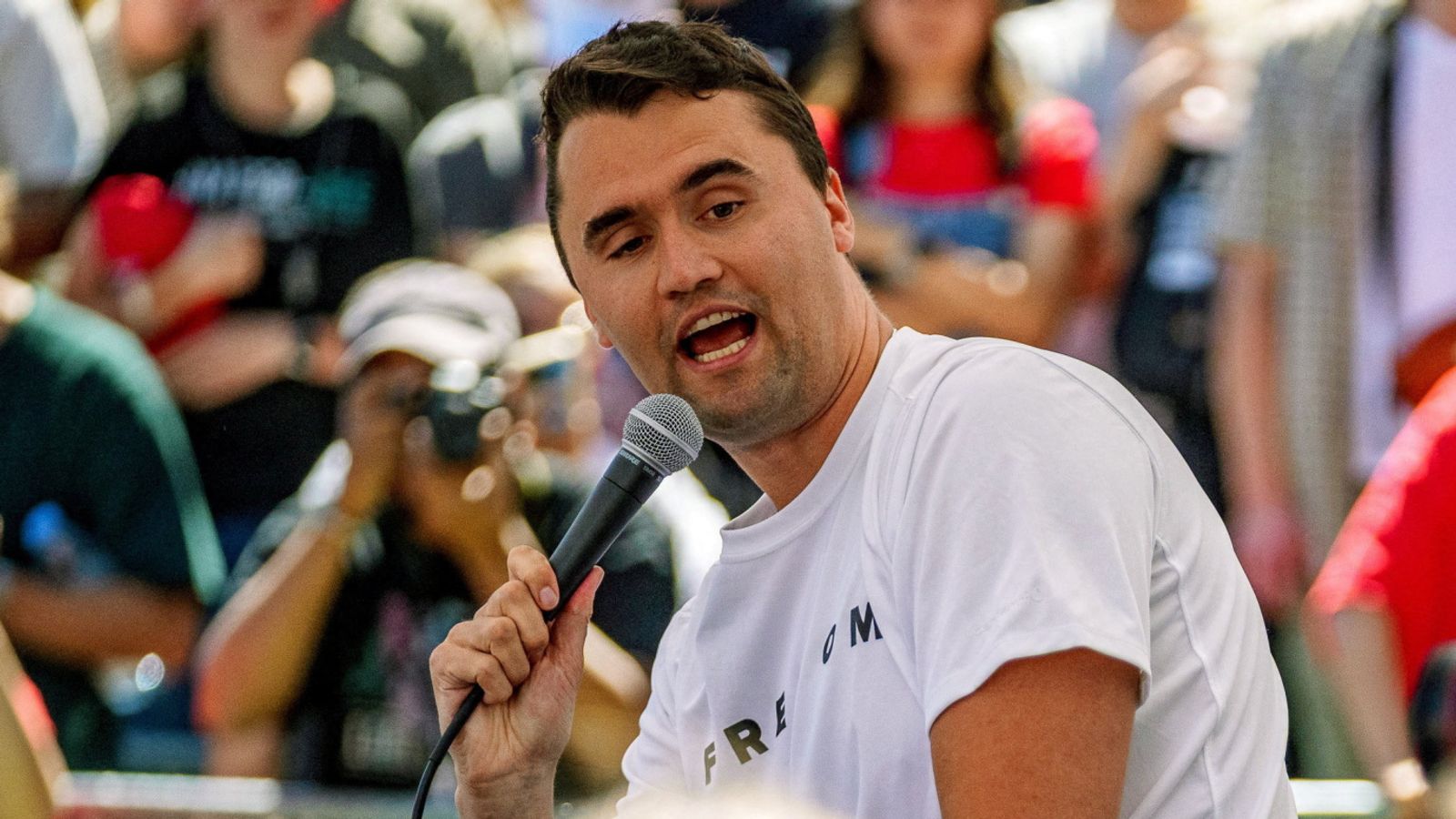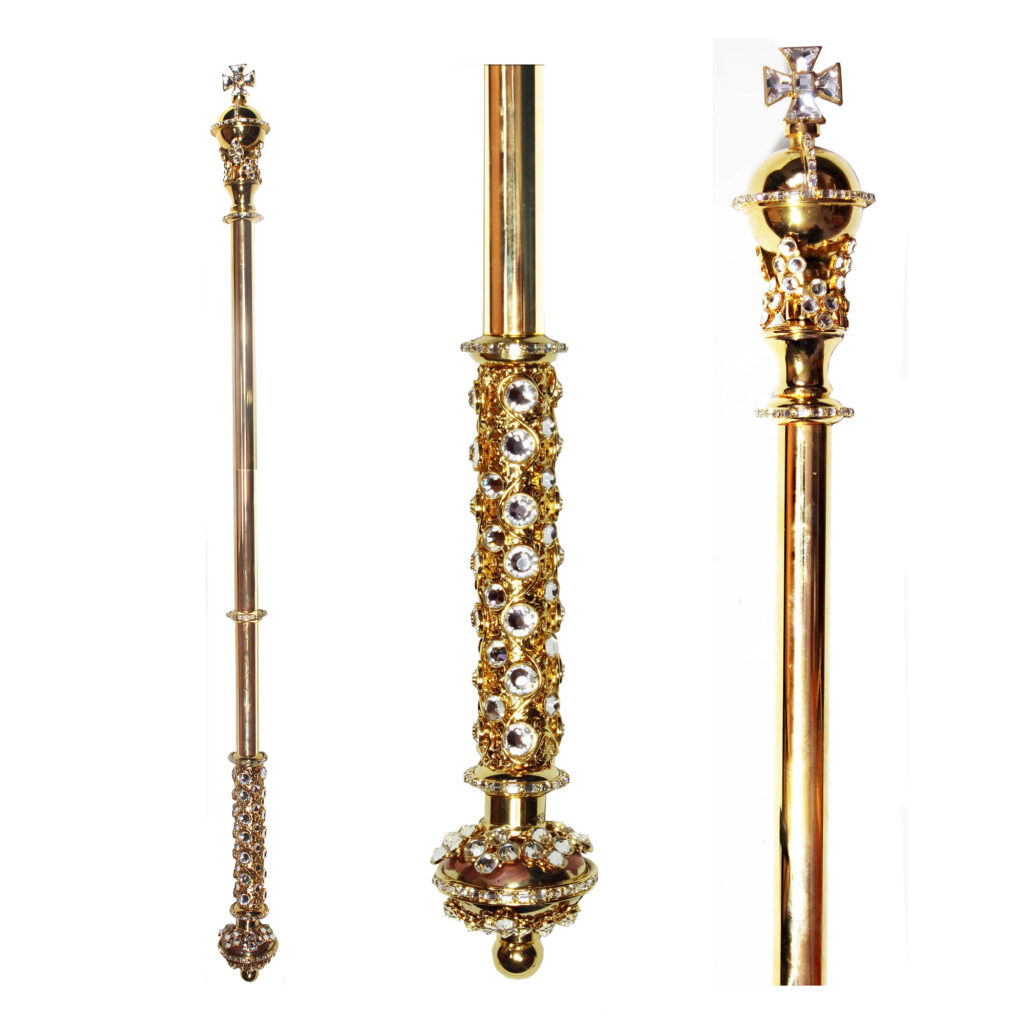Elon Musk to Fund Explosive Documentary on Charlie Kirk
In a move that stunned both Silicon Valley and Washington, Elon Musk has announced he will personally finance a multi-million dollar documentary about the life, legacy, and violent death of conservative activist Charlie Kirk. The tech billionaire dropped the news late Friday night in his signature fashion: one simple post on X (formerly Twitter).
“We’re making a film. About Charlie. No compromises.”
Within minutes, the nine words had set the internet ablaze. Tens of millions viewed the announcement, comment sections crashed, and hashtags like #KirkDocumentary and #VoiceOfFire rocketed to the top of trending lists worldwide. Supporters hailed Musk as a visionary; critics accused him of glorifying extremism.
VIDEO:
A Divisive Legacy
Charlie Kirk, just 31 at the time of his assassination, was no stranger to controversy. Through Turning Point USA, the organization he co-founded, Kirk electrified conservative youth with fiery campus debates and an unapologetic defense of Christian nationalism. To millions, he was a hero. To others, he was a provocateur whose rhetoric inflamed division.
His shocking assassination on September 10 at Utah Valley University transformed him from a political lightning rod into a martyr for some—and a symbol of America’s deep polarization for others.

Musk’s Vision
Musk insists the documentary is not propaganda but a human story. “Charlie was controversial because he was unfiltered. He was fearless in a time of fear,” Musk explained in a statement released through SpaceX. “We may not agree with everything he said, but history deserves honesty—not erasure.”
Insiders say Musk has committed $12 million to jumpstart the project, with Emmy-winning producer Alex Grant already onboard. Discussions are underway with directors known for their ability to tell politically sensitive stories without succumbing to bias.

The film, tentatively titled “KIRK: Voice of Fire,” will explore:
-
Kirk’s rise from an ambitious Midwestern teenager to a national political force,
-
his impact—both inspiring and polarizing—on America’s college campuses,
-
his private struggles with pressure and isolation,
-
and the tragic night his voice was silenced by a bullet.

Reactions from Hollywood and Washington
Reactions have been explosive. Director Oliver Stone called the project “a seismic cultural moment,” insisting that documenting Kirk’s life, love him or hate him, is vital. Progressive activists, however, slammed the plan as dangerous myth-making. “This risks whitewashing the very ideology that fueled division,” one warned.
Even within Hollywood, studios are divided—some eager to attach their names to a high-profile Musk production, others wary of reputational blowback.

The Family’s Blessing
For Kirk’s widow, Erika, the documentary is an opportunity to show the man behind the headlines. In a heartfelt statement, she said: “Charlie was more than speeches and debates. He was a husband who made pancakes for his kids. He was a dreamer who believed he could change the world. If this film can show that side of him—the real him—we are grateful.”
The Kirk family has agreed to provide personal footage and sit for interviews, something they have refused with other outlets.

A Gamble on Memory
This may be Musk’s boldest gamble yet—not on rockets or AI, but on memory itself. By investing in Charlie Kirk’s story, Musk isn’t just producing a film. He’s shaping a narrative that could define Kirk’s legacy for decades.
Whether it becomes a cultural milestone or a lightning rod, one thing is clear: Elon Musk has ensured that Charlie Kirk will not fade quietly into history.
The Hidden Power of the Scepter: A Daughter’s Promise to Her Mother and the Monarchy


The funeral silence was heavy, broken only by the solemn footsteps of guards and the quiet sobs of mourners. Yet amid the grief, one figure stood firm—a daughter of the late Queen, her back straight, her uniform immaculate, and in her hands the ancient scepter of power. To the public, it was a striking symbol. To the family, it was a warning. And to her brother, Charles, it was a shield.
This was no ordinary heirloom passed down in private. It was a charge, a duty, a vow made by a mother who had seen too much and feared even more.
A Mother’s Last Gift
Before she passed, the Queen summoned her daughter and placed the scepter in her hands. It was no grand ceremony, no parade of cameras—just a quiet moment between mother and child. “This is for protection,” she said softly. “For Charles. For the order of the family.”
In that instant, the weight of history and responsibility became clear. The Queen had lived through storms the public never saw. She had weathered betrayals, watched fragile balances hold the monarchy together, and foresaw how quickly they could collapse. She knew that once Camilla ascended beside Charles, the entire institution might shift—not in favor of the Crown, but in service of personal ambition.
The daughter understood immediately. This was not just a trinket of tradition. It was a weapon, a safeguard, and a reminder that the monarchy could not afford to be careless.
The Duty to Step Up
Charles, brilliant in his way but often plagued by doubt and deference, might struggle to control his wife. Camilla’s influence, subtle yet unrelenting, was a force the Queen herself had long recognized. With the throne now his, she feared Charles could be overshadowed, his authority diluted, his reign compromised.
So the Queen turned to her daughter, the one she had always raised to be steadfast, disciplined, and unshakably loyal. “You must protect not only your brother,” she implied, “but the monarchy itself.”
And so the duty passed, like a torch in the night.
Strength Forged in Discipline
This daughter had not lived idly in her mother’s shadow. From an early age, she was taught to value both intellect and strength. She worked diligently at her studies, earning her place at Cambridge, proving that duty and excellence could walk hand in hand. Yet she never abandoned her passion—equestrian sport.
Across Europe, she raced with unmatched determination, a woman competing not just for medals but for mastery of herself. She turned down offers from other prestigious institutions to pursue this calling. Her sacrifices bore fruit: she became runner-up across the continent, an achievement that cemented her reputation for grit and discipline.
These qualities, honed in the arena, translated seamlessly into the halls of royalty. They made her dependable, unyielding, and indispensable.
The Rank and the Privilege
But her mother gave her more than a scepter. She gave her rank. With deliberate foresight, the Queen secured for her daughter the position of Colonel in the Royal Guard’s Blue Army. It was not a token title—it was authority enshrined in tradition, a recognition that her role would never be subordinate to Camilla.
In one decisive act, the Queen ensured that her daughter would never bow. Not to public opinion. Not to the rising influence of Camilla. Not even to the compromises that so often eroded the monarchy’s foundation.
The Queen had left behind more than a family. She had left behind a guardian.
The Funeral’s Silent Message
At the funeral, the world watched as the daughter appeared in full military uniform. The cameras captured her steady hand gripping the scepter, the polished steel gleaming under cathedral light. To outsiders, it may have looked like ceremony. To those within the family, it was something else entirely: a declaration.
The message was unmistakable. To Charles: she would stand by him, protect him, remind him of his duty to the Crown above all. To Camilla: her presence, her authority, and the scepter itself were a check against overreach. To the world: the monarchy’s balance of power did not rest solely in a king and his queen, but in the watchful strength of those who had been prepared for this very moment.
It was not defiance. It was guardianship. And it was unshakable.
A Legacy of Protection
As the music swelled and the congregation bowed their heads in prayer, the scepter gleamed like a torch lit from another age. It was not only a symbol of authority—it was a symbol of promise. A promise made by a daughter to her mother. A promise to uphold balance, to defend tradition, and to guard against the cracks that might otherwise undo centuries of stability.
For in the end, history is not only made by crowns and thrones. Sometimes it is safeguarded by those who stand just behind the king—silent, steady, and holding the scepter that keeps order alive.









